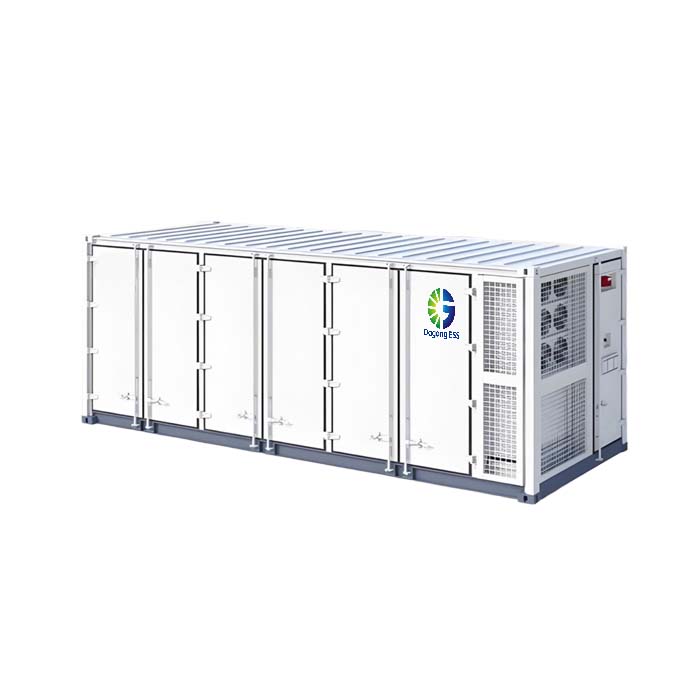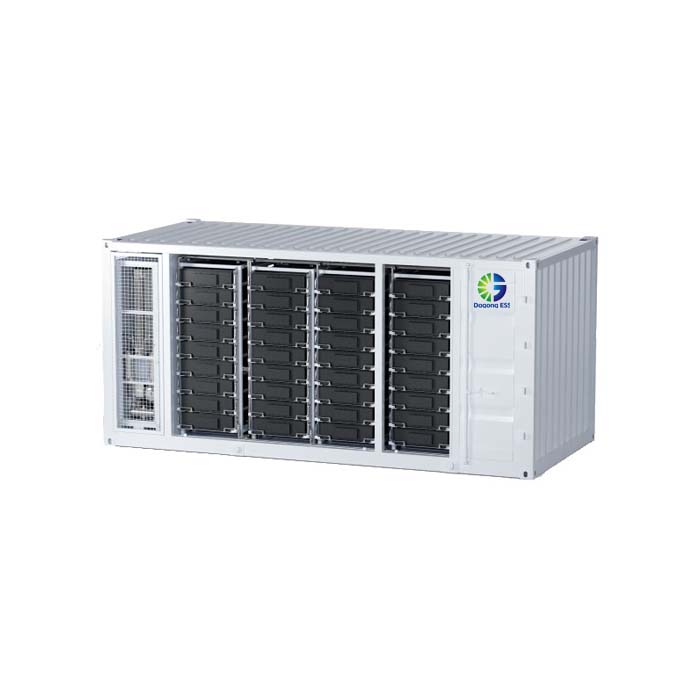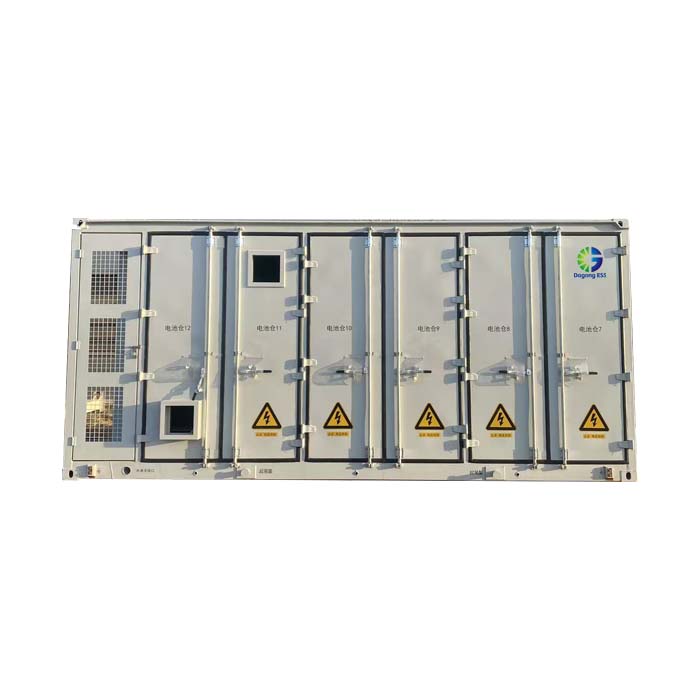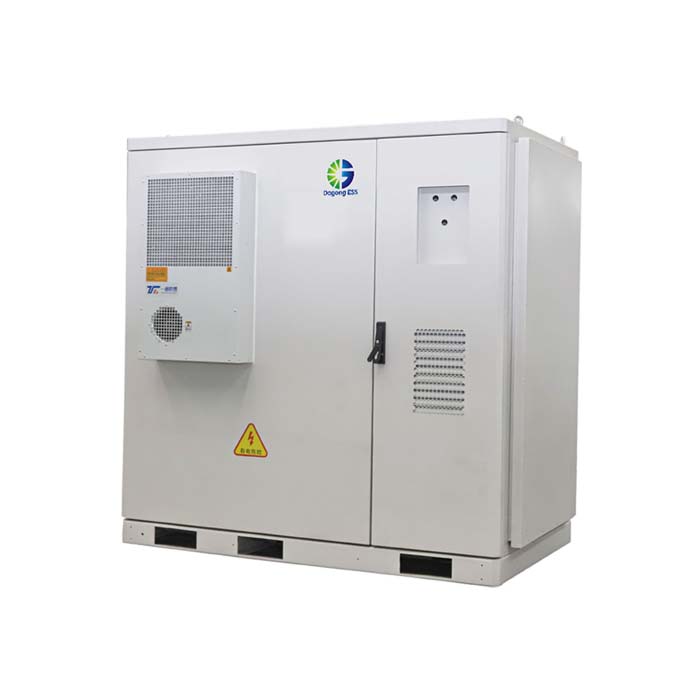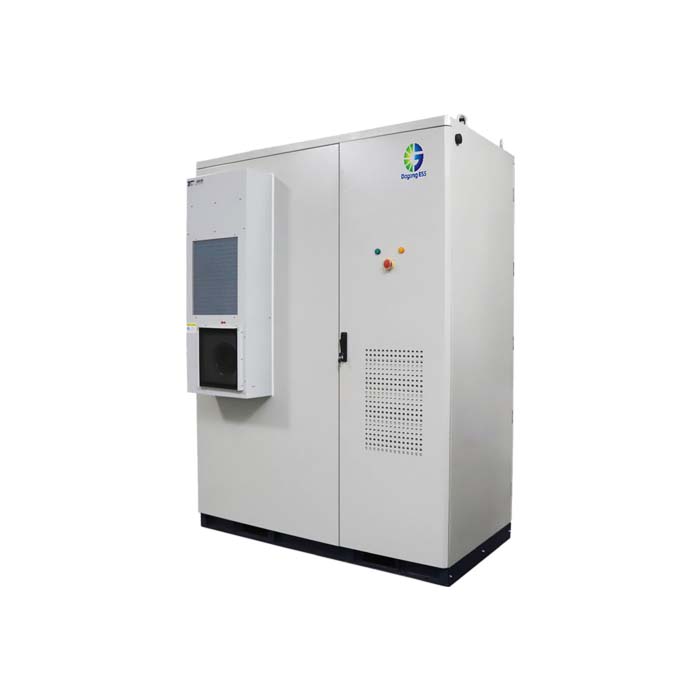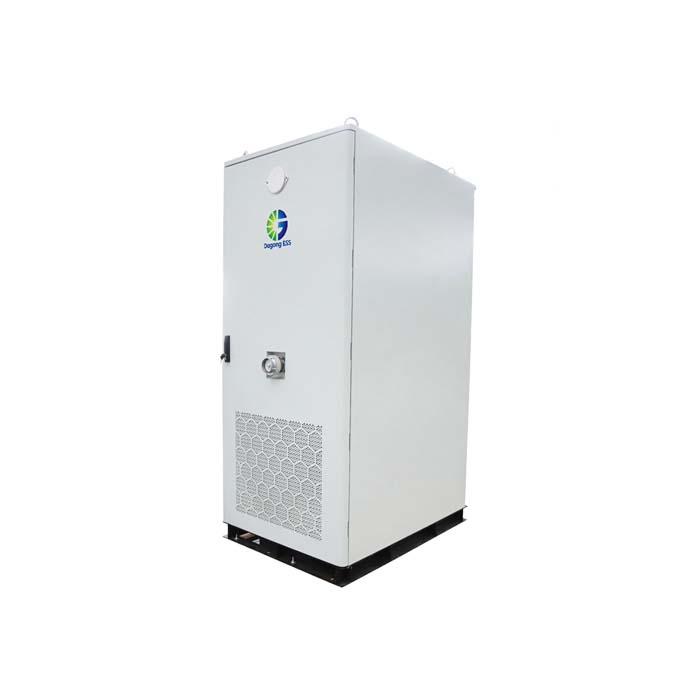5MWh Battery Storage Systems: Design, Applications, and Cost Considerations
A 5MWh battery energy storage system (BESS) is a large-scale, high-power solution designed for grid peak shaving, renewable energy integration, large commercial and industrial parks, and microgrid projects. Compared with a 1MWh system, a 5MWh BESS can deliver higher instantaneous power and longer discharge duration, meeting the needs of heavy loads and frequent cycling. It plays a crucial role in grid stability, energy efficiency, and large-scale renewable energy integration.
Types of 5MWh Battery Storage Systems
5MWh systems typically include:
Containerized ESS: Modular design integrating PCS (Power Conversion System), EMS (Energy Management System), and cooling systems, ensuring easy transportation and rapid deployment.
Parallel modular units: Multiple 100kWh, 215kWh, or 1MWh battery racks can be configured in parallel to flexibly achieve a total capacity of 5MWh.
Cooling methods: Air cooling is suitable for standard industrial environments, while liquid cooling is ideal for high-load or high-temperature conditions to ensure stable operation.
For example, Dagong ESS offers a 2.5MW/5MWh containerized system, which can be flexibly configured according to project requirements. More broadly, Dagong ESS provides a complete range of containerized ESS solutions, including 1MWh, 2MWh, 3.35MWh, 5MWh, and 6.7MWh, allowing customers to scale and customize according to their energy storage needs.
Features of 5MWh Battery Storage Systems
High power and large capacity: Supports fast charging and discharging, suitable for commercial, industrial, and grid-scale applications.
Modular design: Facilitates expansion, maintenance, and fault isolation.
Long service life: Equipped with LFP (Lithium Iron Phosphate) batteries, providing over 8,000 charge-discharge cycles and more than 15 years of operation.
Smart monitoring: EMS enables real-time monitoring, remote control, and data recording.
Multi-scenario compatibility: Applicable for renewable energy integration, grid peak shaving, commercial parks, and microgrids.
Applications of 5MWh Battery Storage Systems
Grid peak shaving and load shifting: Store surplus renewable energy and balance peak and off-peak demand.
Large-scale renewable integration: Smooth wind and solar fluctuations to improve grid efficiency.
Commercial and industrial parks: Reduce electricity costs and provide backup power supply.
Microgrid projects: Enhance local energy independence and supply reliability.
EV fast-charging stations: Provide stable high-power support for rapid charging needs.
Price of 5MWh Battery Storage Systems
The cost of battery energy storage systems depends on several factors, including system capacity, storage duration, battery type, control software, installation conditions, and auxiliary equipment.
Pricing is usually quoted under EXW (Ex Works), FOB (Free on Board), or CIF (Cost, Insurance, and Freight) terms, depending on project location and logistics preferences.
For a tailored solution and accurate quotation, it is recommended to contact the supplier directly.
How to Select a 5MWh Battery Storage System
Capacity and power requirements: Ensure the system meets peak-shaving and renewable integration needs.
Cooling method: Choose liquid cooling for high-load environments and air cooling for standard industrial sites.
Scalability: Opt for modular designs to allow future upgrades or parallel expansion.
Certification: Ensure compliance with international standards such as CE and UN38.3.
After-sales service and support: Consider warranty, technical support, remote monitoring, and maintenance capabilities.
Lifespan of 5MWh Battery Storage Systems
A typical 5MWh system has a service life of 10–15 years and can achieve over 8,000 charge-discharge cycles. Liquid cooling and modular management further ensure thermal stability and long-term reliable operation.
Suppliers of 5MWh Battery Storage Systems
Selecting a reliable supplier is key to ensuring long-term stability and investment returns. Dagong ESS, for example, offers a 2.5MW/5MWh containerized system featuring modular design, full international certifications, and advanced monitoring software. More broadly, Dagong ESS provides a full series of containerized ESS solutions, including 1MWh, 2MWh, 3.35MWh, 5MWh, and 6.7MWh, enabling flexible configuration and scaling for large commercial, industrial, grid, and microgrid projects.
If you are interested in 5MWh battery storage products, please contact Dagong ESS:
Email: sales@dagongess.com


